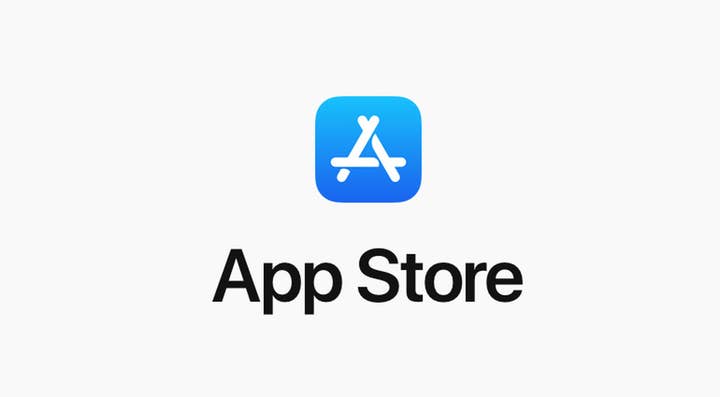Class action lawsuit brought against Apple over loot boxes
Loot boxes are indisputably gambling under California law, argues 100-member lawsuit
A class action lawsuit has been brought against Apple over alleged "predatory practices" regarding loot boxes on the App Store.
Filed with the US District Court of Northern California, the lawsuit levels claims against Apple of unlawful and unfair business practices, unfair and deceptive acts and practices, and unfair enrichment.
"Through the games it sells and offers for free to consumers through its AppStore, Apple engages in predatory practices enticing consumers, including children to engage in gambling and similar addictive conduct in violation of this and other laws designed to protect consumers and to prohibit such practices," reads the filing.
There is currently no legal or academic consensus in the US on whether loot boxes constitute gambling, but several governmental and academic bodies around the world have argued that loot boxes should fall under local gambling legislation, or is linked to problem gambling..
Much of the lawsuit argument however hinges on the definition of gambling outlined by the California Penal Code, which states that an illegal gambling device has three features: it is a machine, aperture, or device; something of value is given to play; and the player may receive something of value by element of chance.
Importantly in this case, the item of value is not limited to coins, bills or tokens; under the California Penal Code definition, it can extend to " free replays, additional playing time, redemption tickets, gift cards, game credits, or anything else with a value, monetary or otherwise."
"None of these elements can be in dispute," reads the filing. "A player uses his iPhone, iPad, or computer with the downloaded game on it (#1); The player pays real-world currency for the opportunity to open a Loot Box (#2); and the Loot Box is a randomized chance to obtain something valuable in-game."
Although Apple has enforced odds disclosure on developers that employ loot boxes, it does not adhere to ESRB ratings and is therefore not required to disclose the presence of loot boxes in any app prior to download through the store.
The filing claims that because Apple owns and operates the platform, profits directly from in-app purchases of loot boxes, and has control over what content is hosted on the App Store, it is liable in this case.

